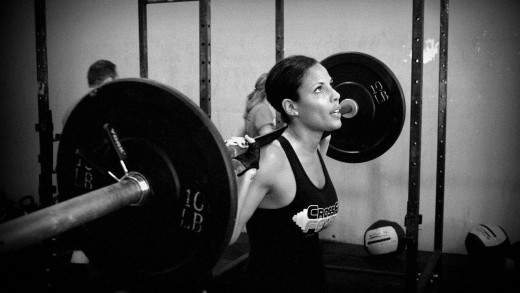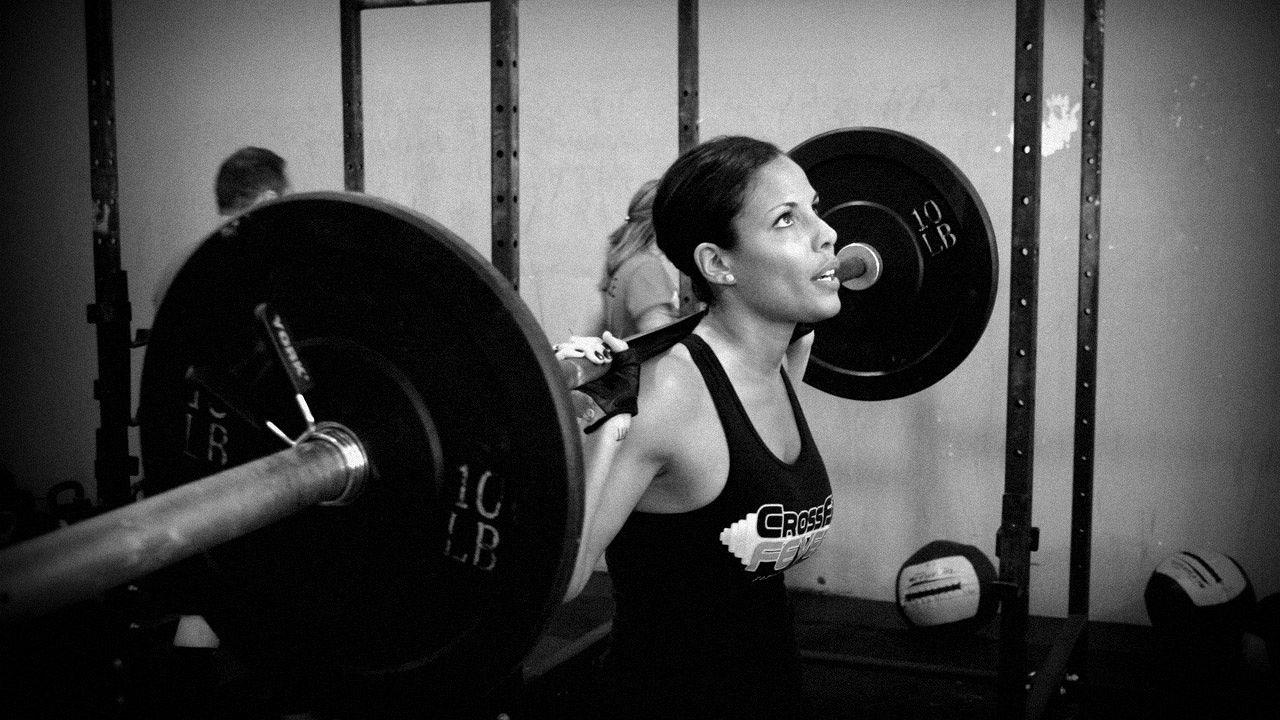How And When To Exercise To Boost Your Productivity
You already know that exercise is healthy and important. Sticking with a regular workout can leave you looking and feeling better. And you’ve probably also heard about its mental and cognitive benefits, too. But it’s less well known that the timing and type of exercise it takes to boost productivity is often quite different than the gym routines we adopt for their physical gains.
Many of us squeeze in our workouts whenever our schedules allow—at the end of the day, if we aren’t too tired or on weekends. Most of the time, the aim is to burn calories, get our heart rates up, or build muscle, so we push ourselves as hard as we can for as long as we’re willing.
And while that approach may deliver those physical results, they don’t always lead to all the mental benefits many of us look for—at least not at the level they could. Here’s a look at what the latest research says about the productivity side of exercise.
1. Don’t Push It
If you were working out to lose weight, then you probably think, the more, the better—20 minutes might feel like slacking off. But if your workout is geared toward being your most productive, then you may actually be better off not pushing yourself to the edge.
Jogging for 20–30 minutes on the treadmill, taking a very brisk walk for 45 minutes, or some other form of moderate exercise can generate the cognitive, emotional, and energy benefits that many of us need to power through a workday.
2. Focus On Same-Day Benefits
Anyone who’s tried weight training knows you need to give your muscles a few days to rest and repair after a hard workout. But when it comes to exercising with an eye toward productivity, it’s more about maximizing near-term benefits.
Done right, a good workout can affect how you feel emotionally, your energy level, and how you think that very same day. Aerobic exercise has been shown to reliably reduce anxiety—starting right after a workout. That can make the difference when it comes to staying present, thinking clearly, and not getting tripped up by details on days when you’ve got a huge workload to tackle. Exercise also has same-day effects on cognition, making it easier to engage in what psychologists call “executive functions,” like self-control, decision making, and handling conflicting needs.
And because a moderate workout can generate these boosts pretty much immediately, it doesn’t take weeks or months of conditioning to achieve them. That means exercise is actually a great way to prepare for high-pressure workdays—whenever you’ve got a big presentation, writing assignment, negotiation, or prickly team issue to navigate and you need to be at your best to do it.

3. Keep It Short
Exercising to boost your productivity is about sticking to shorter bursts of physical activity, either in the morning, at lunch, or during a break during the day—and the key is to do just enough to mentally and emotionally refresh. Rather than a ritual you append to your workday, exercise becomes like a secret weapon, deployed in a flash in order to perform at your peak when it matters most.
Thinking about exercise as a strenuous, thorough routine—the way we do for its physical properties—makes us much more likely to throw in the towel after a particularly hard day. Moderate exercise, on the other hand, is far easier to slot into your day as needed—right before a hard task, when you need to recharge, or when work just feels overwhelming.
It helps to have a flexible work schedule to do that, but it’s far from essential. Maybe you can dash out for 15 minutes on the treadmill during lunch or before heading to work in the morning. Or might I suggest the time-honored technique of blocking out an hour on your calendar without telling anyone what it’s for?
4. Bet On The Results You Don’t Have To Bet On
Simply understanding the strategic value of moderate exercise on your productivity can make it feel worthwhile enough to make the effort to fit it in. That starts with knowing the cognitive and emotional benefits to look for when you do. In fact, research suggests that you’ll find them fairly reliably: Because you experience those boosts pretty much as soon as you exercise, the cause-and-effect won’t be hard to grasp.
And that can be a powerful motivator in its own right; according to research, most people prefer the sure thing to the gamble, even when they might get a lot more by gambling. If I offered you a job and told you that you may or may not get paid after a few months, how compelling would you find the offer? Work out quickly at lunch and you’ll probably feel less anxious this afternoon; work out continuously after work every other weekday, and a few months from now you might or might not start becoming more fit: To me, at least, those propositions aren’t equally compelling. The same-day effects of exercise on your emotion, energy, and cognition are like an offer for a job that starts as soon as you accept and comes with an immediate signing bonus.
And needless to say, it isn’t a zero-sum game. By exercising primarily in order to boost your productivity, you may find you exercise more often overall—leading secondarily to those health and appearance benefits. If you love working out hard, that’s fine—now you can just think more deliberately about when to go all out and when to go more moderate.
Needless to say, everyone’s different; I’m not a medical doctor, and chances are you know your own limits. But chances are also good that you’ve tested your most strenuous limits more than you’ve dabbled in moderate exercise. So try shorter, lower-impact workouts that fit more fluidly into your day. Pay attention to how you think and feel afterward, and take it from there. You may find you’ve cracked one of the most reliable productivity secrets there is—and it’s paid off right away.
Fast Company , Read Full Story
(66)














